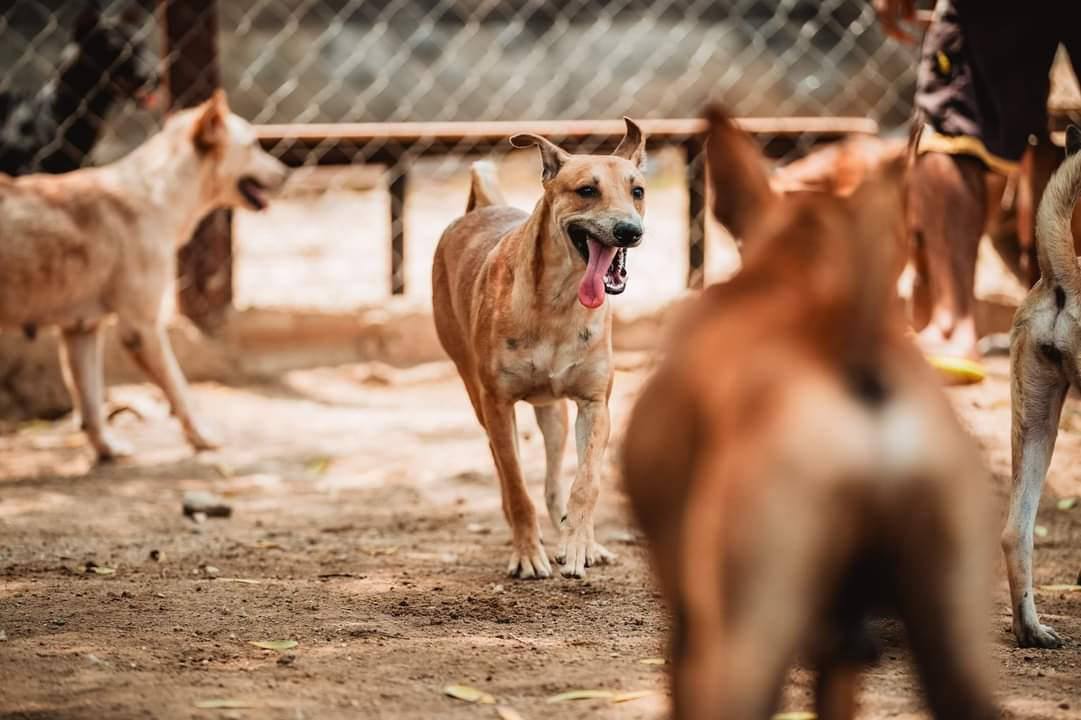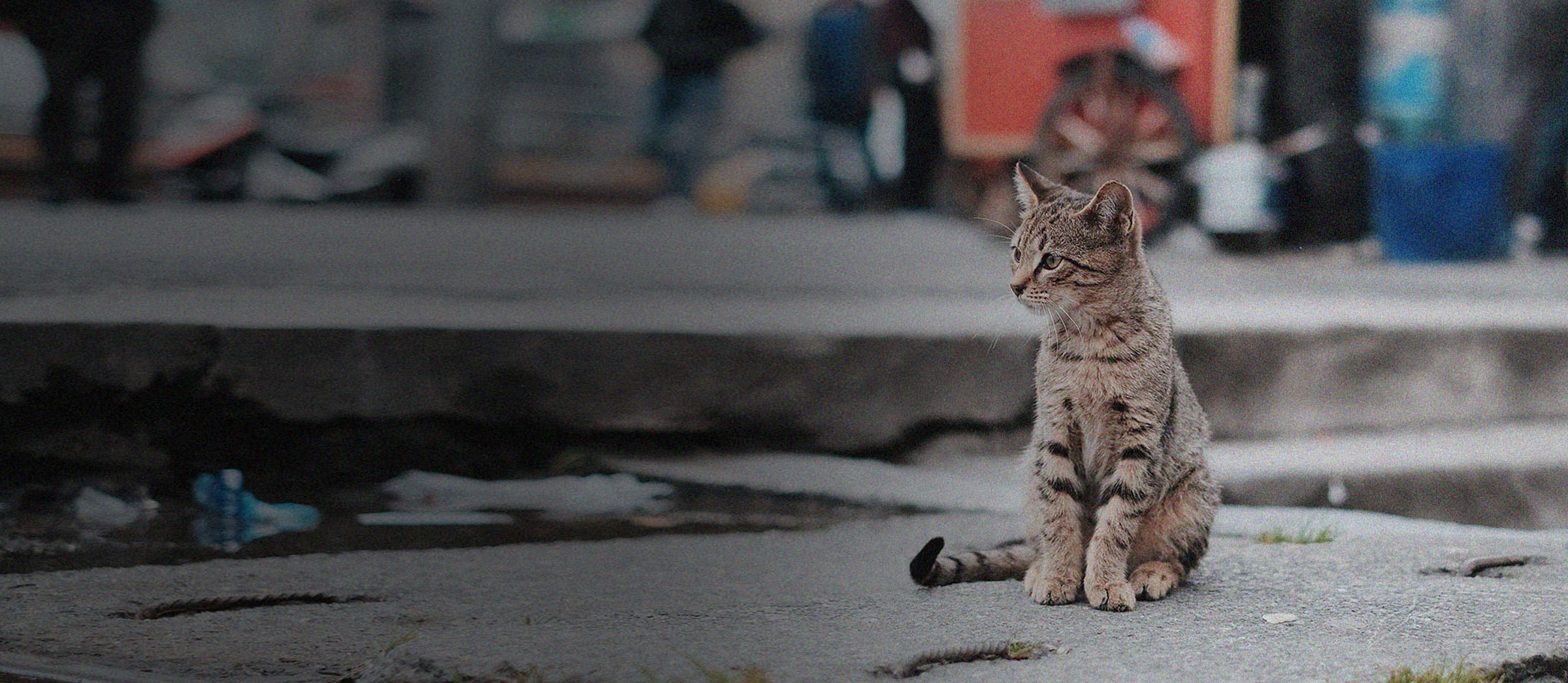In the European Union, the trade of dogs and cats moves €4.6 billion annually, according to Eurogroup for Animals, a European coalition for animal protection of which Animanaturalis is a part. However, 79% of these animals come from illegal breeders, hunting kennels, or other non-traceable sources—a legal void that fuels criminal networks and condemns thousands of puppies to a life of suffering.
Shocking figures:
- In 2022, the EU housed 68.8 million dogs, with an annual demand for 5.99 million puppies.
- Only 1.23 million come from legal, traceable sources; 4.75 million (79%) are bred in inhumane conditions, many in puppy mills where overcrowding, lack of hygiene, and disease are the norm.
- An illegally sold puppy can generate up to €775 in profit, while buyers face exorbitant veterinary bills for diseases like parvovirus or brucellosis, with alarming early mortality rates.
The proposed Regulation on the welfare and traceability of dogs and cats, which will be voted on June 3 in the Agriculture (AGRI) Committee of the European Parliament, risks being diluted. Some political groups insist on excluding cats from mandatory identification (microchipping) and allowing informal breeders—even those with up to 100 puppies per female—or hunting dog kennels to operate without registration.
"Excluding cats would be a catastrophic mistake. Without a microchip, it is impossible to combat abandonment, track disease outbreaks, or reunite a lost animal with its family," warns Aïda Gascón, director of AnimaNaturalis in Spain.
Additionally, there is debate over leaving hunting dogs and military dogs outside the scope of the regulation, despite the fact that they suffer mutilations—such as ear or tail docking—justified under the false argument of “preserving their health.”
Identification, registration, and control on digital platforms
Mandatory microchip and unified databases
Identification and registration (I&R) of all dogs and cats is the cornerstone for dismantling the illegal trade. Currently, although 24 Member States require microchipping, the lack of harmonization allows traffickers to bypass laws by crossing borders.
"A European interoperable system, like Europetnet, would allow tracking an animal from its birth to its last owner, regardless of the country," explains Iza Arrieta, head of the companion animal program at Eurogroup for Animals. According to the organization, mandatory I&R would reduce administration costs by €25 billion annually, by easing the burden on shelters and rescues.
Verification of online ads
Every day, over 2,000 new ads are posted on portals like Milanuncios, where 86% promote the sale—not the adoption—of puppies. Most only require an email to register, enabling traffickers’ anonymity.
The solution is to implement tools like VeriPet at the European level, linking ads to microchip databases. "If a platform requires checking an animal’s registration before publishing, the business will end for those operating illegally," asserts Gascón.
Eurogroup for Animals demands including a “positive list” determining which animals can be kept as pets. This would prevent, for example, the sale of exotic reptiles or primates—species whose care few can guarantee—and would unify fragmented national legislations.
A vote that will define animal futures
On May 14, AGRI Committee members will decide whether to back a robust regulation or yield to pressures to soften requirements. The risks are clear:
- Clandestine breeders: Exempting small breeders will perpetuate puppy mills, where females are forced to birth up to 100 puppies in deplorable conditions. Lack of control in breeding hunting dogs by kennels, hunters, and other informal breeders is also alarming.
- Abandonment and shelter overcrowding: Without registration, abandoning an animal will remain an unpunished act. In Spain, shelters rescue 300,000 dogs and cats each year, many without microchips.
- Animal welfare: Buying animals as pets should be prohibited, given that thousands of animals are already seeking homes in shelters and refuges. Nevertheless, the current trade allows the sale of sick or stolen puppies and litters.
"MEPs have a unique opportunity in their hands. We ask them to listen to the 74% of European citizens demanding more protection for these animals," insists Gascón.
AnimaNaturalis, FourPaws, and Eurogroup for Animals urge citizens to sign a petition addressed to MEPs, demanding that no dog or cat be excluded from the regulation. "We need a system that guarantees every animal has a name, a registration, and a dignified life," concludes Arrieta.
Sign the petition to demand that MEPs support a strong, exception-free regulation:
"Every signature brings the EU closer to a future where the illegal pet trade is history. Let’s not allow lobbies to weaken this law," says Gascón.



